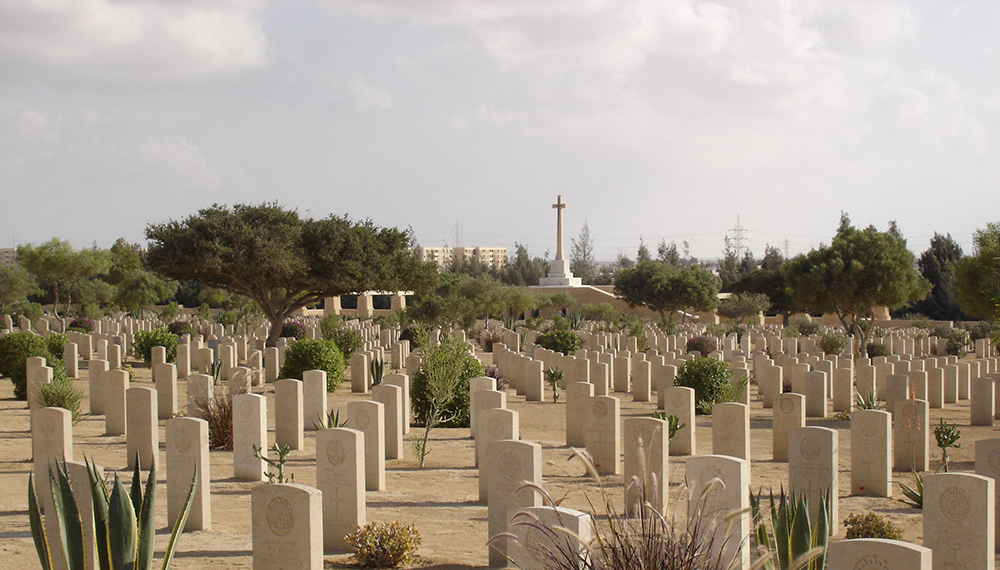Documentary Evidence
When sending us evidence please ensure that you include the full document, not a single page or cropped part of the document. Please also ensure that the source or reference is clear. Where you have obtained information directly from an archive or authority, please attach the correspondence so that we can verify the details if necessary.
To obtain a birth, death or marriage certificate for a casualty
Copies of certificates can be obtained from the following organisations. You may have to provide a reference number and pay a fee.
Birth, marriage and death certificates for England and Wales from 1837 are held by the General Register Office.
Certificates for Northern Ireland from 1864 are held by the Northern Ireland Statistics and Research Agency.
National Records of Scotland have made birth and death certificates from 1855 available through ScotlandsPeople.
Birth and death certificates for the Republic of Ireland are available from 1864, access to these documents is administered by the Civil Register Office.
Some indexes (not the certificates themselves) for registrations in other Commonwealth countries can be viewed online via one of the genealogy websites.
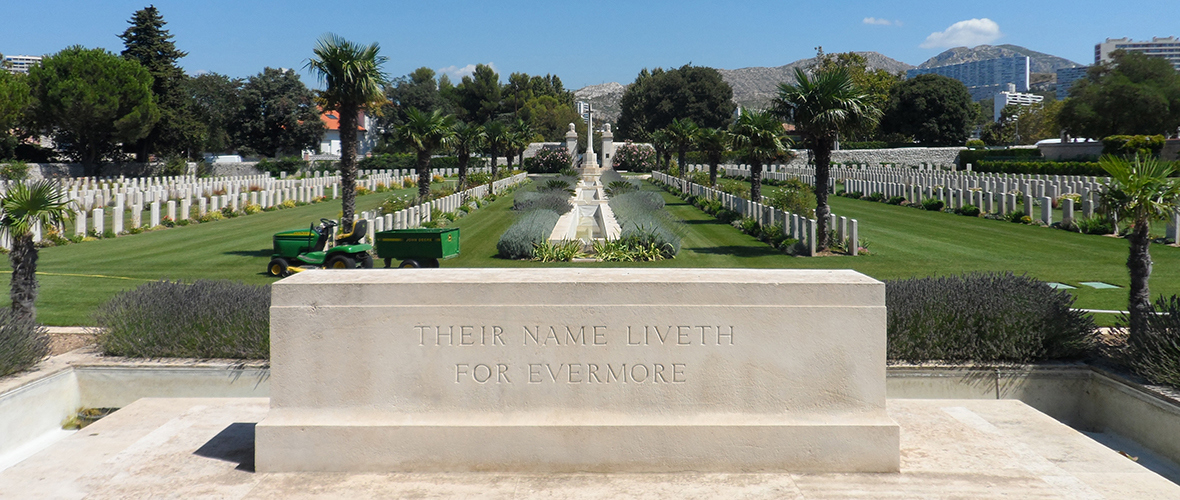
To obtain a Service Record
Not all service and war records have survived, and some are still confidential, either in full or in part. Most of those which are available to the public can be viewed online either through the relevant national archive or one of the genealogy websites, which may require a subscription.
United Kingdom forces: Surviving First World War service records have been digitised by The National Archives, and can only be viewed online.
Second World War service records are still held by the Ministry of Defence as they remain confidential. You may apply for a copy if you are the next of kin of a service person who has died. Application forms are available online.
Australian forces: First and Second World War service records are held by National Archives of Australia.
Canadian forces: First and Second World War service records are held by Library and Archives Canada.
New Zealand forces: First and Second World War service records are held by the New Zealand Defence Force.
South African forces: First and Second World War service records are held by the SA National Defence Force. Military Historical Services can be contacted at sandfdoc@mweb.co.za
Indian forces: Guidance for locating First and Second World War service records can be found here.
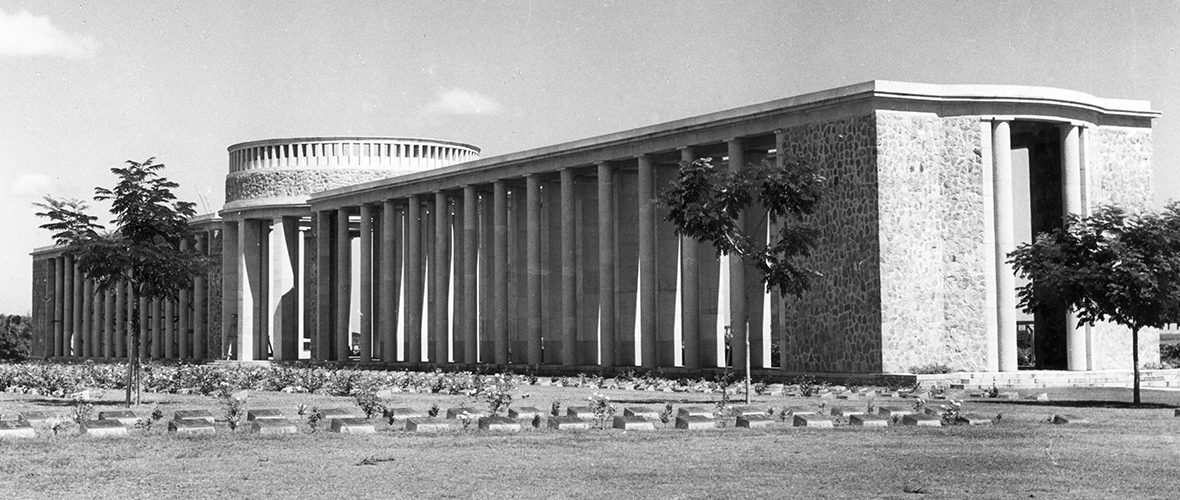
To find out about medals or awards a casualty may have received
Information about what campaign and gallantry medals Commonwealth casualties may have been entitled to is provided by the Ministry of Defence.
The London Gazette published official lists of recipients of gallantry awards. For some medals they also provided the citation, a description of the act for which the award was made. The Commission only records citations for Victoria and George Cross recipients.
Indexes were prepared by the different services to record the medal entitlement of their personnel. Some of these documents can be searched and viewed online, either through The National Archives or one of the online genealogy sites.
Australian forces: First and Second World War medal information provided by Australian Government Department of Defence.
Canadian forces: First and Second World War medal information provided by Veterans Affairs Canada.
New Zealand forces: First and Second World War medal information provided by the New Zealand Defence Force.
South African forces: First and Second World War medal information provided by the SA Ministry of Defence and Military Veterans.
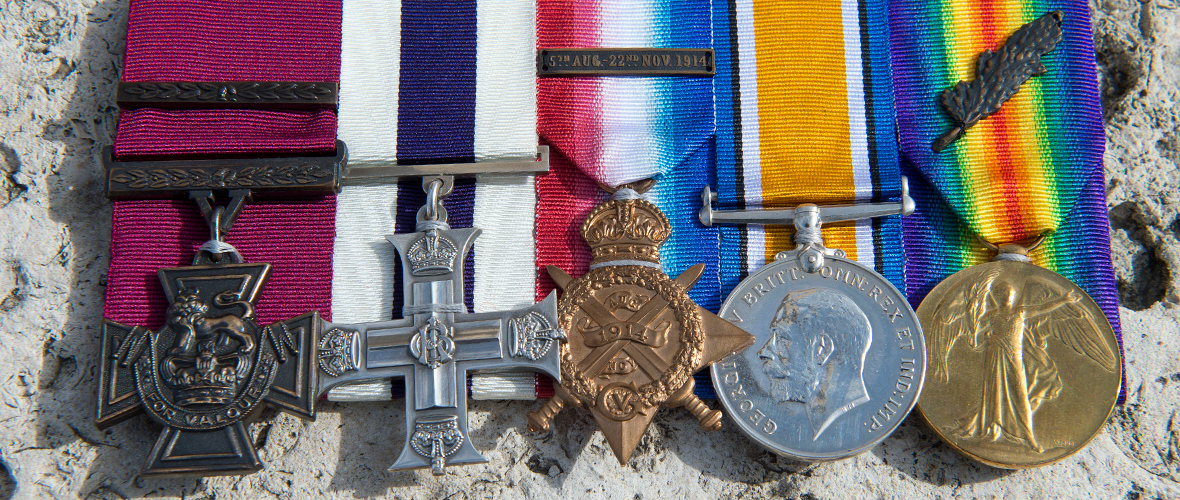
To obtain information about burials in churchyards or cemeteries
There is no central source of information regarding burials in churchyards or cemeteries. Each denomination, cemetery company, and local authority has different regulations regarding what records are available to the public and how they can be searched.
Many have been digitised or the indexes made available online, either through one of the genealogy websites or official archives. However, many are still in paper format and there may be a charge for the authorities to conduct a search on your behalf.
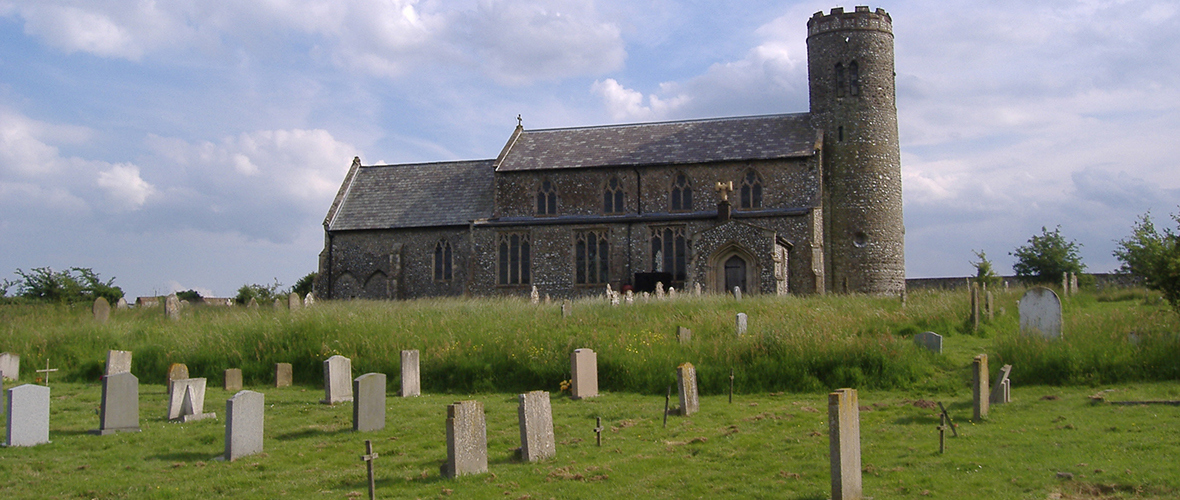
To search Newspaper Archives
Newspapers may contain official casualty lists, in memorium notices or letters published by a family. These can refer to the unit, rank, wounds or fate of a casualty. Information can be anecdotal and sometimes restricted because of censorship used to ensure details of troop movements were not made public.
Some newspapers are still held by the publishers, others have been deposited in local archives, whilst some have been digitised and are available online:
